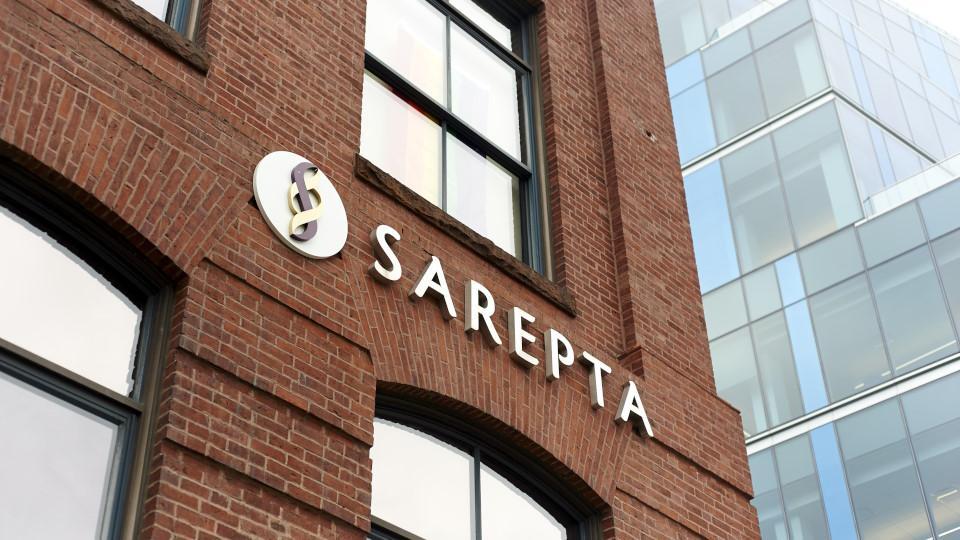Sarepta pulls plug on Duchenne exon-skipping drug

Sarepta Therapeutics has decided not to continue the development of vesleteplirsen, a follow-up to its Duchenne muscular dystrophy (DMD) therapy Exondys 51.
The drug – formerly known as SRP-5051 – is a more potent version of Exondys 51 (eteplirsen), an exon-skipping therapy that can be used to treat around 13% of the population with the muscle-wasting disease.
Sarepta confirmed it was abandoning the development of the drug in its third-quarter results update, saying that it took the decision after considering "information available to date, including the risk-benefit of the programme, feedback from the FDA, and the evolving therapeutic landscape for Duchenne."
The drug was designed with a different molecular design to Exondys 51, with the intention of increasing its tissue penetration and boosting its exon-skipping potency, increasing production of the dystrophin protein that is deficient in DMD.
It has followed a somewhat troubled path through development, however, and was placed under a clinical hold by the FDA in 2021 after a patient in one of its studies developed very low levels of magnesium (hypomagnesaemia), which can lead to muscle weakness and tremors, seizures, and irregular heart rhythms.
Sarepta's exon-skipping therapies for DMD – Exondys 51, Vyondys 53 (golodirsen), and Amondys 45 (casimersen) – have been the main drivers of Sarepta's revenue growth in recent years, but that changed last year with the FDA approval of Elevidys (delandistrogene moxeparvovec), its one-shot gene therapy for the disease.
While Elevidys had a fairly restrictive label initially, earlier this year the FDA cleared expanded use of the therapy in both ambulatory and non-ambulatory boys aged four and above with DMD, with no upper age limit.
Sales of Elevidys are quickly gaining ground on Sarepta's exon-skipping trio, which need to be dosed chronically. In the third quarter, Elevidys had a turnover of $181 million, compared to $249 million for Exondys 51 et al. The company also booked around $10 million in royalties on Elevidys sales made by Roche, which has ex-US rights.
Overall, Sarepta's revenues rose to $428 million from $332 million in the same quarter of 2023, which chief executive Doug Ingram said showed that the gene therapy was not cannibalising sales of its exon-skipping drugs.
Ingram also said that Sarepta was making good progress with other areas of its R&D pipeline, including two gene therapy candidates for limb-girdle muscular dystrophy, one of which is scheduled for filing "by mid-2025."












